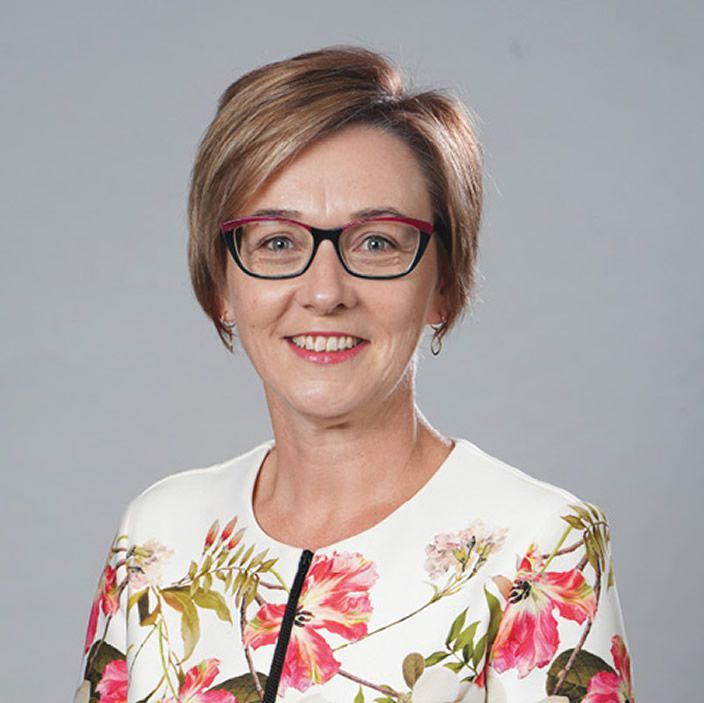QLD kindergarten children with disabilities worse off
A recent change in the funding model of what was previously known as Disability Inclusion Support for Queensland Kindergartens (DISQK), now known as the Kindergarten Inclusion Support Scheme (KISS) has reportedly led to less funding being available to assist children with disabilities in Queensland kindergartens.
Prior to 2019, the DISQK program meant kindergartens could individually apply to the Department of Education for additional funding to assist with the education and needs of disabled children on a per-child basis.
With the change to KISS, the funding is now provided to the relevant Central Governing Bodies (CGBs), who are then in charge of distributing the funding to individual kindergartens.
The purpose of the KISS funding is to further build the capability of community based kindergarten program providers to support children with additional needs, in particular, children with diagnosed or suspected disability, to fully participate in a kindergarten program.
Recent reports note kindergartens are having trouble accessing the funding from their CGBs, resulting in less funding for those children who need it most. Early intervention is critical for children with disabilities, but many kindergartens have been left short when it comes to this funding, which they rely heavily on and had anticipated.
This inexplicable shortage of funds has been identified as a serious issue by our Union in representations to the relevant government department.
We will continue to argue for reasonable levels of funding from both the government and the CGBs until the issue is resolved.
Study reinforces significance of smaller classes
A recent study titled Relating preschool class size to classroom quality and student achievement has found that smaller classes resulted in more one-to-one interactions with teachers and students and improved literacy skills.
The Canadian study conducted early this year examined the effects of kindergarten class size on classroom quality and student achievement.
The data forming the basis of the study is from an experiment involving 21 teachers and 354 children who were either in a ‘regular’ kindergarten class size of 20 students versus a teacher with a reduced class size of 15 students.
The results showed that children who attended a reduced size class experienced more beneficial one-to-one interactions with teachers compared to those in the regular sized class.
There were clear benefits in children’s cognitive development when in a smaller class and results also identified students in the reduced size class had gained more literacy skills throughout the 12 months the experiment was conducted.
Although there were no clear differences between the groups in regard to vocabulary or mathematics, the study makes recommendation that positive results for the reduced classes would be increased if teachers had participated in professional development strategies that aim to maximise their effectiveness with smaller classrooms.
With increasing pressure on teachers due to work intensification, class size can have a significant impact on a teacher’s workload.
The study states that smaller classes have been found to reduce teacher stress levels, which contribute to a better learning environment through improved teacher–child interactions and indirectly by reducing teacher turnover.
To download the full study, see www.sciencedirect.com/science/article/pii/S0885200619300687










































































































































